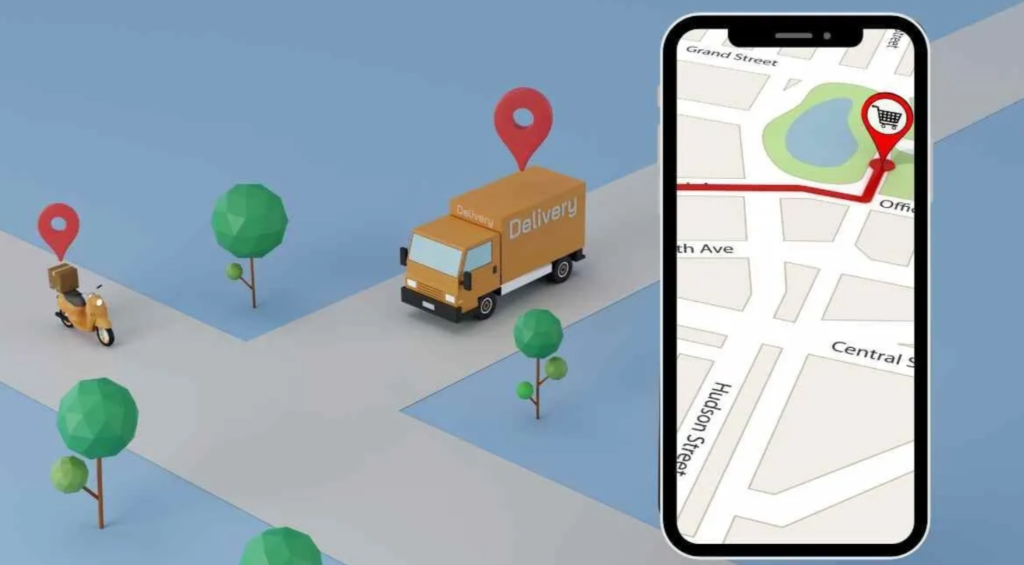This blog will help you understand what businesses need to consider building both a software platform and a software product. A product is a usable piece of software that can be sold or offered, while a platform is a system that enables a product to work or communicate with another product. Whether you are creating a software product or platform, it is always important to be knowledgeable about both and carefully consider various factors before diving into the development of a product or a platform.
So what is a software product?
In simple terms, a software product is software developed and maintained for the benefit of end users, often to satisfy a specific market need. Software products ensure that users can interact with the software to meet their needs and derive value instantly.
There are two types of software products
1. Generic – when there is a broad and extensive user base.
2. Customized – when the user base is very targeted.
Creating a software product
Creating a software product involves starting with a compelling value proposition. Subsequently, it must undergo testing to ensure efficiency and quality. The main components include:
1. Product design – the visual aesthetics and user interface through which end users will interact with the product.
2. Functionality and features – how users interact with the software product when using it.
3. Content – refers to the data and information inside the software product.
One of the best examples of software products is Zoom. Its easy-to-use interface and functionalities make video calling easier than ever.

Now, what is a software platform?
A software platform is a software architecture that serves as a base for multiple products. For instance, Microsoft acts as the base for various products like Microsoft Teams, Word, Excel, etc. Products can evolve into platforms, but the reverse is not possible. Therefore, it’s crucial to have clarity before creating a software platform. A platform often facilitates third-party interactions, like a food delivery service that allows users to place an order at a restaurant through a mobile application or track their delivery using GPS. Creating a platform is riskier than creating a great product that can transform into a platform. Take Facebook, for example; it started as a successful product and evolved into a platform. If you have a clear vision to build a platform, keep in mind that platforms are complex to develop. You need to aggregate a significant number of users and have adequate resources. Successful platforms like Amazon started small but targeted the right audience with extensive research.
So, which one to choose for your startup?
Consider the following when deciding between developing a product or a platform:
1. You must have enough resources – Building a platform is more complex than building a product. Targeting the platform to the right users is essential to stand out in the market. Platforms support multiple products, making their development more complex.
2. Understand the differences between platform and product.
3. Longevity – Great products have substantial longevity, but platforms generally have longer lifespans than products. Platforms are ideally built to last for an indefinite period.
4. Constant updates – Platforms must be flexible enough to adapt to market changes. Developing software that can be easily updated is crucial for flexibility and quick improvements over time.
In the end, whether it’s a platform or a product, both can provide users with value. However, it is advisable to develop the one that puts the least stress on your resources and organization, making the most business sense for you.



